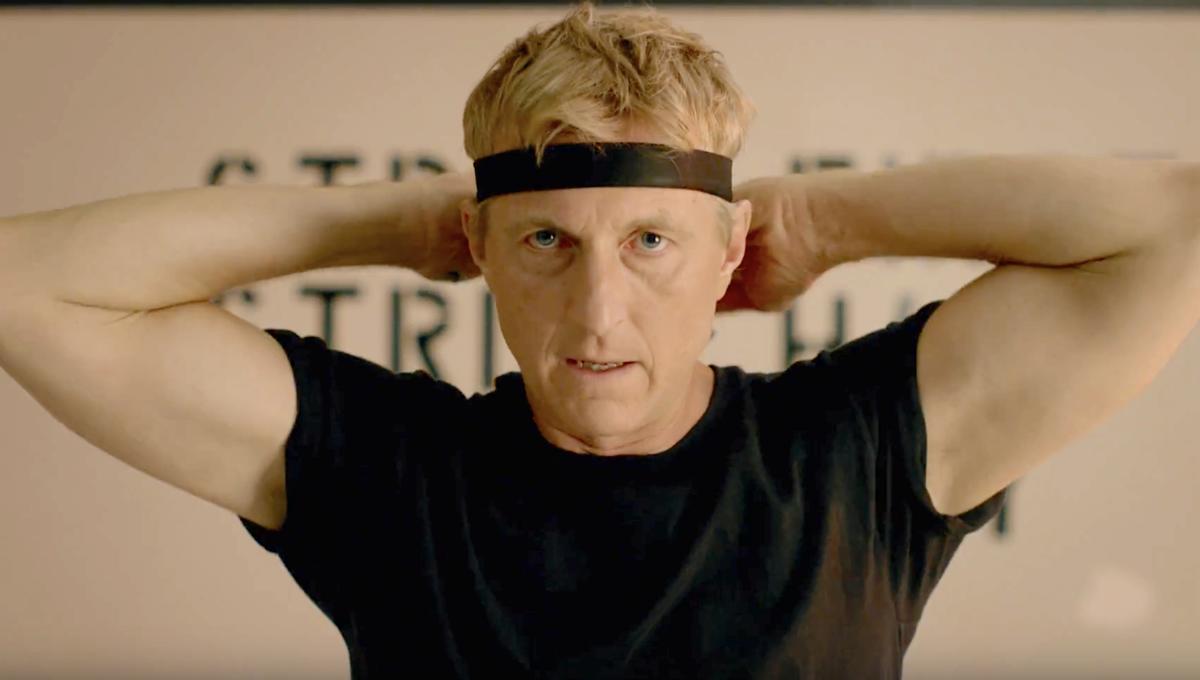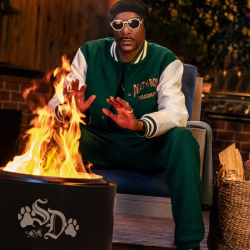‘Inspiring meaningful human connections’ was the positioning of one the brands I have worked on over the years — I won’t say which one but it had to do with trains. It has always been one of my favourite positionings as I loved the emphasis on the ‘meaningful’ aspect of connections — a deeper bond that can enrich lives and leave an indelible mark.
Humans are inherently social beings
Seeking connection is not only a desire but a need. The Blue Zone study into the secret of longevity discovered that strong ties to family and friends is a commonality amongst some of the most unusually long-living communities on the planet, from the people of Sardinia to the citizens of Okinawa.
Whilst the advancement of technology has allowed human connections to multiply like never before it has also somewhat depreciated them by promoting quantity over quality.
So it is no wonder that when I think of the last time I have made deep connections that enriched my life I don’t think of Tinder dates or LinkedIn coffees; I think of Crossfit.
I joined a Crossfit gym back in 2014. It was in a dodgy industrial estate in south London. Convinced by an old friend of mine to give it a go, I reluctantly signed up for a trial class. One class and I was hooked. It wasn’t just the endorphins kicking in; it was this totally unexpected bond with the other people in the class. That gruelling workout instantaneously broke down any social awkwardness making us go from strangers to friends within an hour.
Over the years that followed I pursued many more gruelling workouts, falling over countless times trying to box jump, ripping my hands to shreds practising pull-ups, getting a concussion when a back squat went wrong and nearly breaking my nose flipping a tractor tyre; but also hitting many PBs, getting fitter than I had ever been and, most importantly, making a group friends for life — one of whom became my husband.
As a group we get on famously well. We have been in each other’s lives through thick and thin and even travelled the world together. But the funny thing is we have no real shared interests. Other than slightly insane workouts we don’t like the same music or films, we work in completely different industries and don’t even live nearby. Yet we are very close.
A closeness I can only attribute to the extreme physical situations we have put ourselves through together. Achieving things we didn’t know we could, bonding over the pain and the exhaustion whilst witnessing each other’s strength of character and resilience. Being stripped of our socially acceptable fronts whilst tackling punishing workouts left us vulnerably authentic, and that is what made us meaningfully connect.
The greater the release, the deeper the bond
My hypothesis is also backed by science. A piece of research conducted by the Norwegian University of Science and Technology shows that going through a crisis can cause the release of greater amounts of oxytocin. Oxytocin is the bonding hormone, and the greater the release the deeper the bond — giving birth being a prime example of oxytocin flooding the mother’s system in order for her to bond with her baby.
So whilst I don’t advocate putting yourself in danger, I do believe that sharing extreme situations in real life really does lead to deeper visceral connections well beyond anything that can be simulated virtually.
Featured image: Cobra Kai / Netflix





























